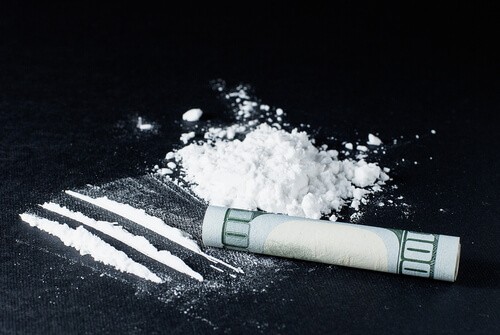By Tony O’Riley-
Government interventions to restrict supply of drugs in the Uk has had limited success because of budgetary constraints and competing priorities, a report into drug use published today explains.
Although the report expresses doubt that the absence of budget constraints may not have made much difference because of ” the resilience and flexibility of illicit drug markets”, it highlights several triggers to drug addiction and the widespread availability of drugs in prisons that worsens the problem.
The comprehensive report by professor Dame Carole Black speaks about the widespread involvement of children and young people in drug supply which has predisposed young people ”to the dangers of street-level supply, tempted by the promise of money, status and a certain lifestyle, whilst underestimating the risks attached, and can become both perpetrators and victims of violence”.
Professor Black also refers to inequalities and lack of opportunities to those who fall under this bracket’
”Among the complex picture are mixed elements of conscious choice with grooming and exploitation against a backdrop of poverty, widening inequality and a lack of alternative opportunities for these young people. This overlap between victim, offender and conscious choice presents challenges in the current response, where there can be a binary approach in categorising individuals either as victims or perpetrators.”
Increases in child poverty, and the numbers of children in care and school exclusions have also been mentioned as contributing factors. The above factors are usually connected because children in care are usually prone to school exclusions, and those in either or both of the two groups are from deprived and dysfunctional backgrounds, making them easily vulnerable to county lines and a lifestyle of drugs.
Among the social and economic costs related to illicit drug use which was in England was £19.3 billion for 2017-18. Drug-related crime was the main driver of total costs, with recorded offences committed in England by drug users amounting to £9.3 billion in 2017-18. Within this overall crime cost, criminal justice services.
Drug-related enforcement costs amounted to £680 m, according to the report. The harms associated with drug-related deaths and homicides is said to have made up the next largest cost at £6.3 billion. The report explains the sad reality of drug availability in British prisons which affects 15% of its population. These high costs question why the supply of drugs still cannot be controlled in the Uk. According to the details of the report,




